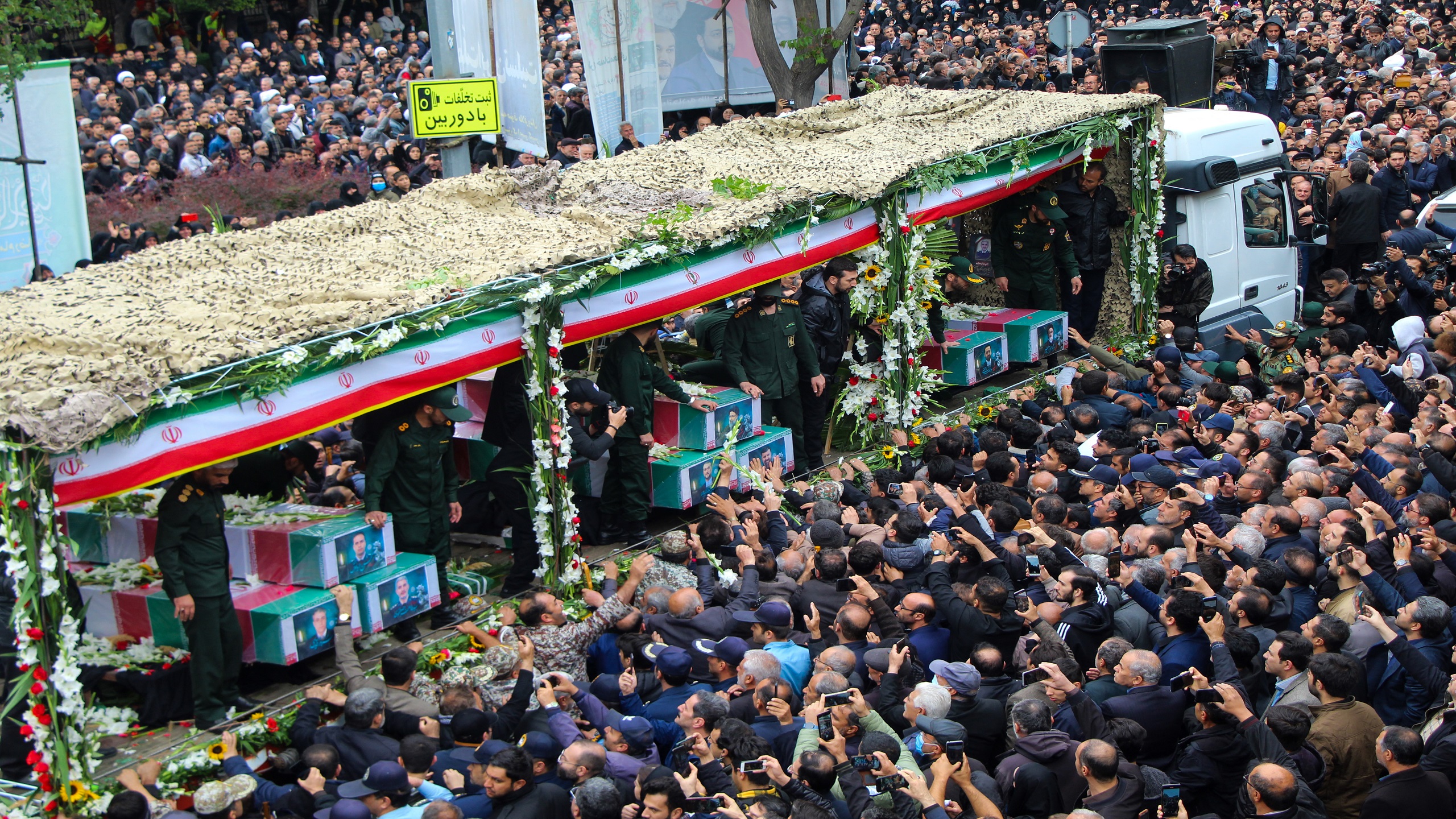Iran Faces Leadership Questions Following Raisi’s Fatal Crash
The death of Iranian President Ebrahim Raisi in a helicopter crash has led to a range of reactions and speculations regarding Iran’s future leadership. Reporter Hudhaifa Ebrahim details the immediate responses from various nations and the internal impact on Iran. The incident has sparked debates over whether it was an assassination or an accident, with some accusing US sanctions of indirectly causing the crash. Opposition figures, such as Maryam Rajavi, view Raisi’s death as a significant blow to the regime, while others remain skeptical about any substantial changes in Iran’s policies. Celebrations of Raisi’s death have occurred in several regions, highlighting the divisive nature of his presidency. Despite the turmoil, the Iranian government has assured continuity in governance, appointing Ali Bagheri Kani as the new foreign minister and First Vice President Mohammad Mokhber to lead until elections are held within 50 days. The search for Raisi’s successor includes prominent figures like Hassan Rouhani and Mahmoud Ahmadinejad. However, some experts argue that the supreme leader, Ayatollah Ali Khamenei, holds the ultimate power, implying that significant changes are unlikely. For a deeper understanding of the complexities surrounding Raisi’s death and its implications for Iran’s future, read the full article.
This holiday season, give to:
Truth and understanding
The Media Line's intrepid correspondents are in Israel, Gaza, Lebanon, Syria and Pakistan providing first-person reporting.
They all said they cover it.
We see it.
We report with just one agenda: the truth.



